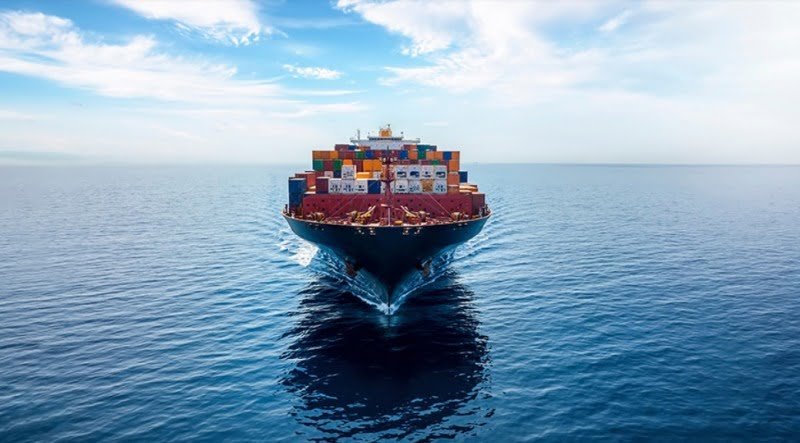During the recent meeting of the Maritime Environment Protection Committee (MEPC 81) in London from 18 to 22 March 2024, the International Maritime Organization (IMO) took significant steps towards implementing measures to reduce greenhouse gas (GHG) emissions from international shipping.
The focal point of the discussions was the development of a draft outline of an “IMO net-zero framework,” which aims to provide a roadmap for cutting emissions from the maritime sector. This framework is a crucial component of the broader effort to achieve the targets outlined in the 2023 IMO Strategy on the Reduction of GHG Emissions from Ships.
Secretary-General of the IMO, Mr. Arsenio Dominguez, hailed the progress made during MEPC 81, emphasizing the forum’s importance in addressing environmental challenges facing the marine industry.
The draft outline of the IMO net-zero framework includes regulations under the International Convention for the Prevention of Pollution from Ships (MARPOL). These regulations are expected to pave the way for the adoption of a new global fuel standard and pricing mechanism to regulate GHG emissions from maritime activities.
Key elements of the proposed framework may include the introduction of a goal-based marine fuel standard and economic incentives designed to facilitate the transition towards net-zero emissions. These measures are in line with the mid-term GHG reduction targets outlined in the revised IMO Strategy.
Next steps on GHG emissions
In addition to progress on the legal framework, MEPC agreed on the following next steps, ahead of its next meeting (MEPC 82), scheduled for 30 September to 4 October 2024:
- Finalization of a comprehensive impact assessment on mid-term measures effects on Member States, to be submitted to MEPC 82.
- Holding of a two-day expert workshop (GHG-EW 5) to discuss preliminary findings and revenue disbursement modeling, with outcomes reported to MEPC 82.
- Convening of ISWG-GHG 17 to review impact assessment outcomes, GHG-EW5 findings, and other documents, reporting to MEPC 82.
- Development of draft terms of reference for a Fifth IMO GHG Study by ISWG-GHG 17.
- Establishment of a GESAMP Working Group on Life Cycle GHG Intensity of Marine Fuels, tasked with providing scientific and technical assessment of LCA Guidelines’ implementation.
- Creation of two correspondence groups reporting to MEPC 83: one to develop a regulatory framework for onboard carbon capture systems and address Tank-to-Wake methane and nitrous oxide emissions, and the other to explore social and economic sustainability aspects of marine fuels for potential inclusion in LCA Guidelines.
Revised greenhouse gas life cycle guidelines adopted.
MEPC adopted revised Guidelines on life cycle GHG intensity of marine fuels (LCA Guidelines). The updated guidelines include revised calculations for default emission factors; updated appendix 4 on template for well-to-tank default emission factor submission; and new appendix 5 template for Tank-to-Wake (TtW) emission factors.
Other environmental issues
- Establishment of new Emission Control Areas (ECAs) in Canadian Arctic Waters and the Norwegian Sea, targeting Nitrogen Oxides, Sulphur Oxides, and Particulate Matter. These will proceed for adoption at MEPC 82.
- Adoption of new recommendations regarding the carriage of plastic pellets by sea in freight containers, addressing stowage, packaging, and transport/cargo information.
- Endorsement, pending final approval at MEPC 82, of a draft action plan for reducing underwater noise from commercial shipping.
- Endorsement of an updated work plan for developing guidelines for new alternative fuels, including hydrogen, ammonia, low flash-point fuels, and regulatory instruments for methyl/ethyl alcohols.
- Endorsement of provisions and instruments for revision/development under the Ballast Water Management Convention, along with interim guidance on applying the convention to ships in challenging water quality conditions, and guidance for temporary storage of treated sewage/grey water in ballast water tanks.
The outcomes of MEPC 81 will be documented in a comprehensive summary available on the IMO website.
Source IMO

